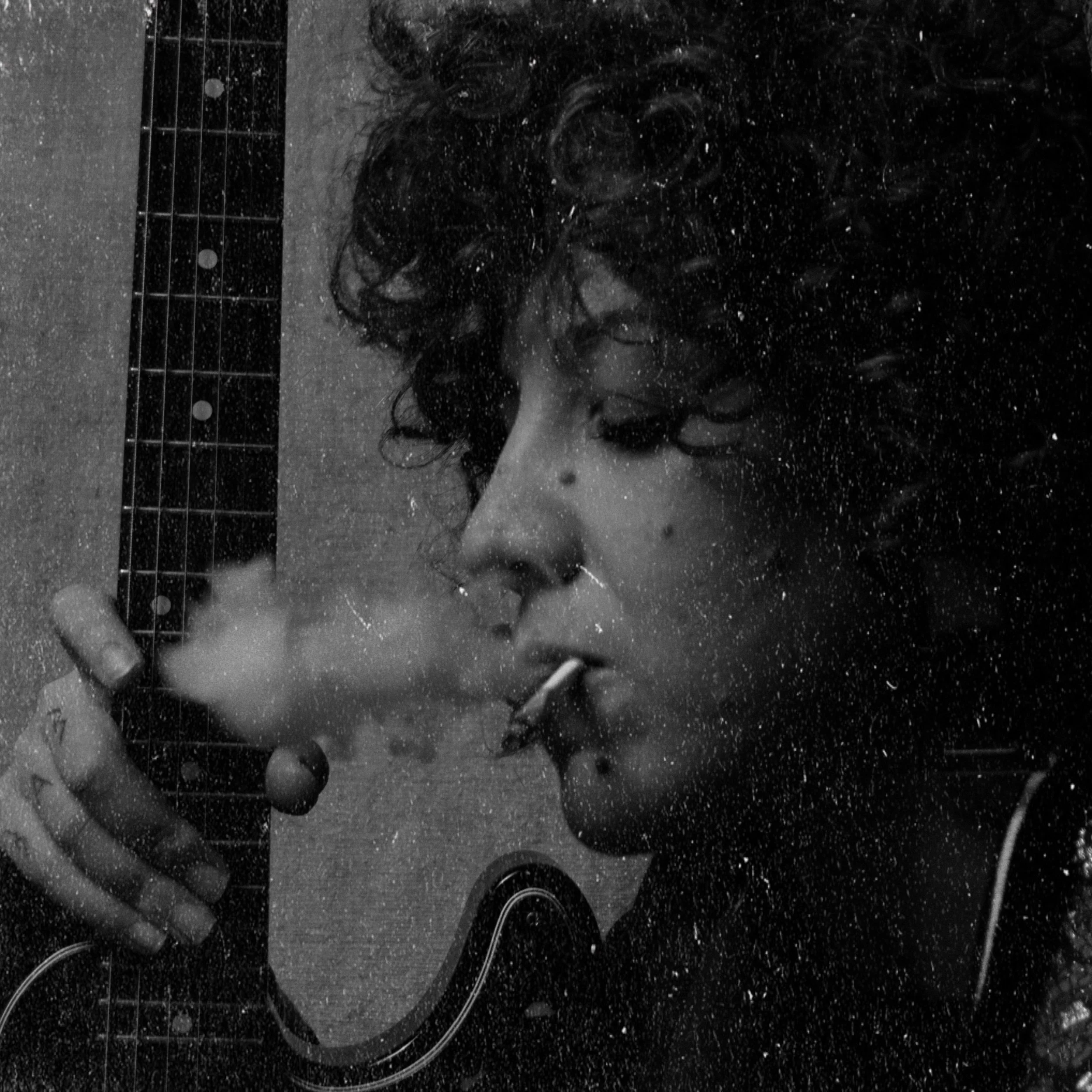Meet Elom 20ce: Merging Art, Activism, and Ancestral Rhythm
Elom 20ce is not easily defined—he’s a thinker, pan-Africanist activist, poet, rapper, performer, designer and filmmaker whose work embodies a deep commitment to cultural liberation and social justice.
Born in Togo and rooted in a vision of Africa that is bold, unapologetic, and awake, Elom 20ce uses music and art as tools for consciousness-raising and resistance. From his hard-hitting 2010 debut Légitime Défense to the critically acclaimed Amewuga (2020), named one of the top ten African albums by RFI, Elom 20ce blends Afro rhythms, jazz-infused beats, and incisive lyricism to challenge colonial legacies and awaken the soul. Whether through his clothing brand Asrafobawu, his label Asrafo Records, or the concept of Arctivism—art as activism—he creates worlds where identity, politics, and creativity collide.
For the XJAZZ! Festival, Poetry Meets VERSE//PULSE, Elom 20ce joined forces with keyboardist Kamarou Kweku Anthony to bring his signature sound and spirit to the stage.
Q: The Poetry Meets Series opens the festival with a strong focus on spoken word, movement, and music. What do you think this multidisciplinary format allows you to express that poetry alone might not?
First of all, I think poetry is the message, the word. Music is the vessel that carries the message. And when music carries poetry, it creates movement.
In my culture, we say that God has three parts: the feminine part, the masculine part, and the movement between them. We also say that something standing on three pillars cannot fall apart. So, poetry is essential—the message is very important. To touch people’s souls, we need to carry it through music, through melody.
On the 14th of May, Joy Alpuerto Ritter, an amazing artist, will freestyle dance while I perform. Her movements, her dance, in my perspective, will be a call to action and change.
In a nutshell, the multidisciplinary format at Poetry Meets allows me not just to express myself, to share my feelings and thoughts, but also to engage the audience in a different way.
Q: You blend rap, poetry, and activism in ways that are deeply interconnected, but how do you think jazz can be used to promote social and political change?
Jazz and political change. I would put it that way.
I think throughout history, music in general has always played a very important role in social and political change. Music helps raise awareness, mobilize during rallies, heal, cure pain, and face the horror. Jazz, in particular, has played a strong role in the fight against injustice.
In the U.S., for instance, jazz musicians played their part in fighting issues like racism and segregation. Albums like We Insist! Freedom Now Suite by Max Roach featuring Abbey Lincoln, Attica Blues by Archie Shepp, Winter in America with Gil Scott-Heron on poetry and Brian Jackson on piano. Songs like “Mississippi Goddam” by Nina Simone, recorded after the murders of Medgar Evers and Emmett Till. “Fables of Faubus” by Charles Mingus, etc. The list is long. Jazz has played an important role in social change.
We can also look to South Africa, where jazz music was a weapon against apartheid. Artists like Abdullah Ibrahim, Hugh Masekela, Herbie Tsoaeli, Winston Mankunku Ngozi, Moses Taiwa Molelekwa, Thandi Ntuli, and others.
But as I said before, it’s not just about jazz; it’s about music itself. We come from countries and territories where music is not just for entertainment. It’s also a spiritual weapon. Music is therapeutic. We cannot talk about activism or poetry without music. Jazz was created by people who suffered deeply—Africans arriving in the so-called “New World” through the slave trade, and still finding the strength to stand tall. Jazz is rooted in blues, gospel, and African traditions. Where there is struggle, there is music. Every battle has its soundtrack.
Q: With the festival focusing on cultural exchange and artistic collaboration, how do you see this space fostering new conversations or creative connections?
Poetry, music, and movement. Rap, activism, and jazz. After all, who are artists, if not bridges between the physical and the invisible world?
Sharing the stage with artists I have never met, for instance, is one kind of connection we are creating in a specific space. Performing together, mixing practices—song, music, dance—is important. But sharing the stage alone is not enough.
We are in a time of deep despair. We urgently need spaces where artists can share perspectives and practices—spaces simply to think, to speak, to strategize.
Creative connections and new conversations can be fostered through the time artists at the festival spend together dreaming of a better world.
Photo Credits: Eike Walkenhorst




